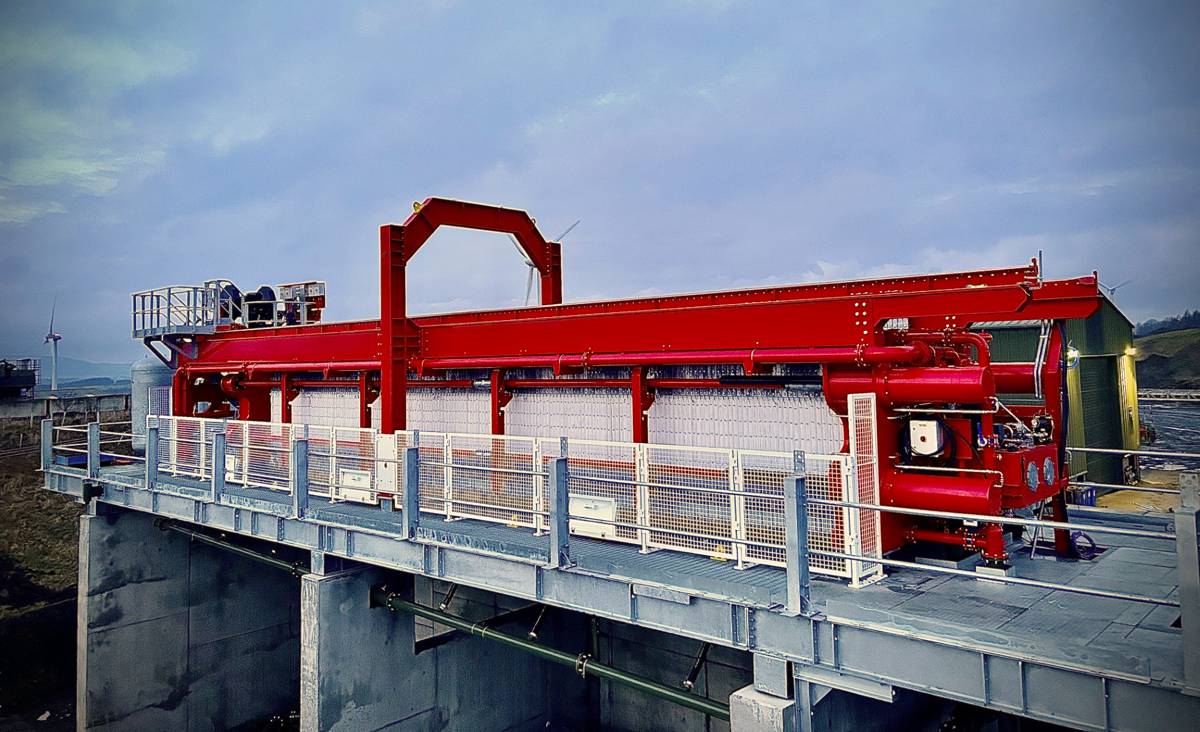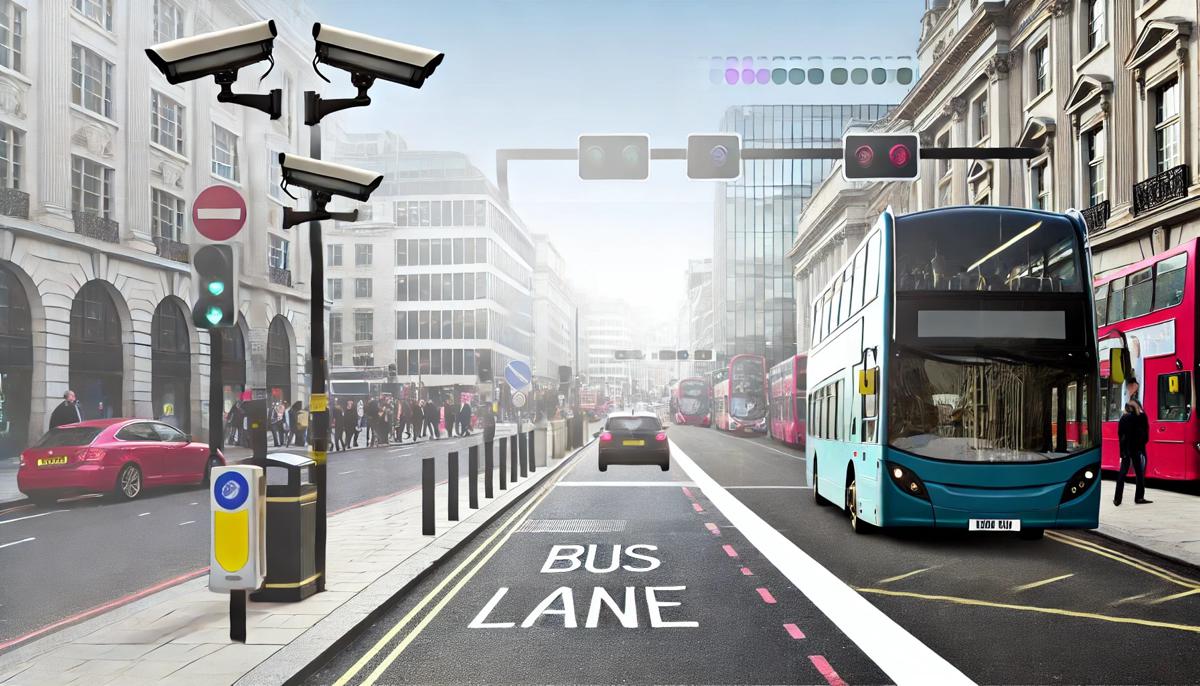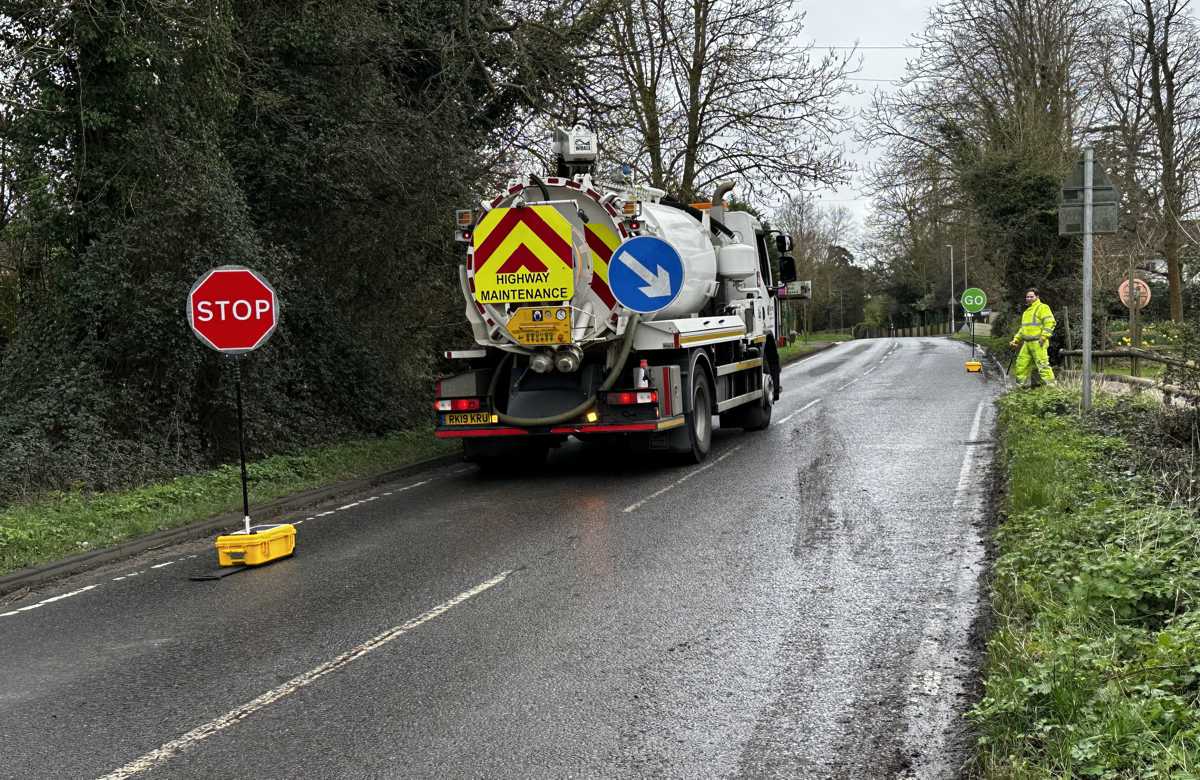Industry leaders give mandate for autonomous vehicles to deliver benefits beyond safety
New research from the Smart Mobility Living Lab: London (SMLL) has found that almost two-thirds (65%) of senior industry leaders are confident that connected autonomous vehicles (CAVs) will be made available for use on UK roads in the next five years.
The study of 250 senior business decision makers from the technology, transport and automotive industries pointed to the positive societal impact CAVs will have on the UK:
- Two-thirds (67%) agree that CAVs will make UK roads safer.
- Over half (51%) think freeing up more time for commuters will be a key benefit, with 30% anticipating a reduction in car ownership altogether.
- Almost half (49%) see increased mobility for elderly and disabled people as the main benefit of CAVs.
- Over three-fifths (62%) believe CAVs will have a positive impact on UK GDP.
- Nearly three-quarters (75%) believe CAVs will play a role in helping the UK hit its 5th carbon budget target by 2030, suggesting an assumption by respondents that CAVs will predominantly be electric vehicles.
With almost one in two (49%) respondents saying they expected CAVs to already be available for use in the UK by now, the focus is firmly on the next steps which must be taken to realise the expected benefits of CAVs within the next decade:
- Testing: Over two-thirds (68%) of respondents agree that CAVs must undergo rigorous real-world testing and over four-fifths (84%) believe the UK should have its own testing facilities.
- Standards: 70% are confident that CAVs can be successfully regulated against a standard, something almost 50% of CEOs strongly agree with. Almost two-thirds (65%) feel that enough work is being done to develop standards to ensure a timely roll out of CAVs in the UK.
- Technology: Nearly half (44%) cited the advancement of in-vehicle (47%), roadside (44%), and digital infrastructure (40%) technologies as factors which had prevented CAVs being made available for use in the UK already.
“It’s not a matter of if, but when CAVs are made available to UK road users and the SMLL consortium project is defining the right way for this rollout to take place.” said Iwan Parry Market Development Lead, TRL. “These findings show that there are still key questions to be answered around testing facilities and harnessing the power of technology to ensure that the UK reaps the benefits of CAVs. A shared research programme, managed by SMLL, has already started searching for some of the answers and the SMLL consortium is ideally placed to facilitate the necessary thinking required to deliver them.”
“CAVs have the potential to profoundly impact peoples’ lives by making roads safer, less congested and less polluted,” said Nick Chrissos, Director of Innovation, EMEAR, Cisco. “Collaborative innovation can make the world a better place. By bringing together experts from the technology, transport and urban planning industries, SMLL aims to develop more intelligent, safe and joined up transport systems for UK citizens.”















